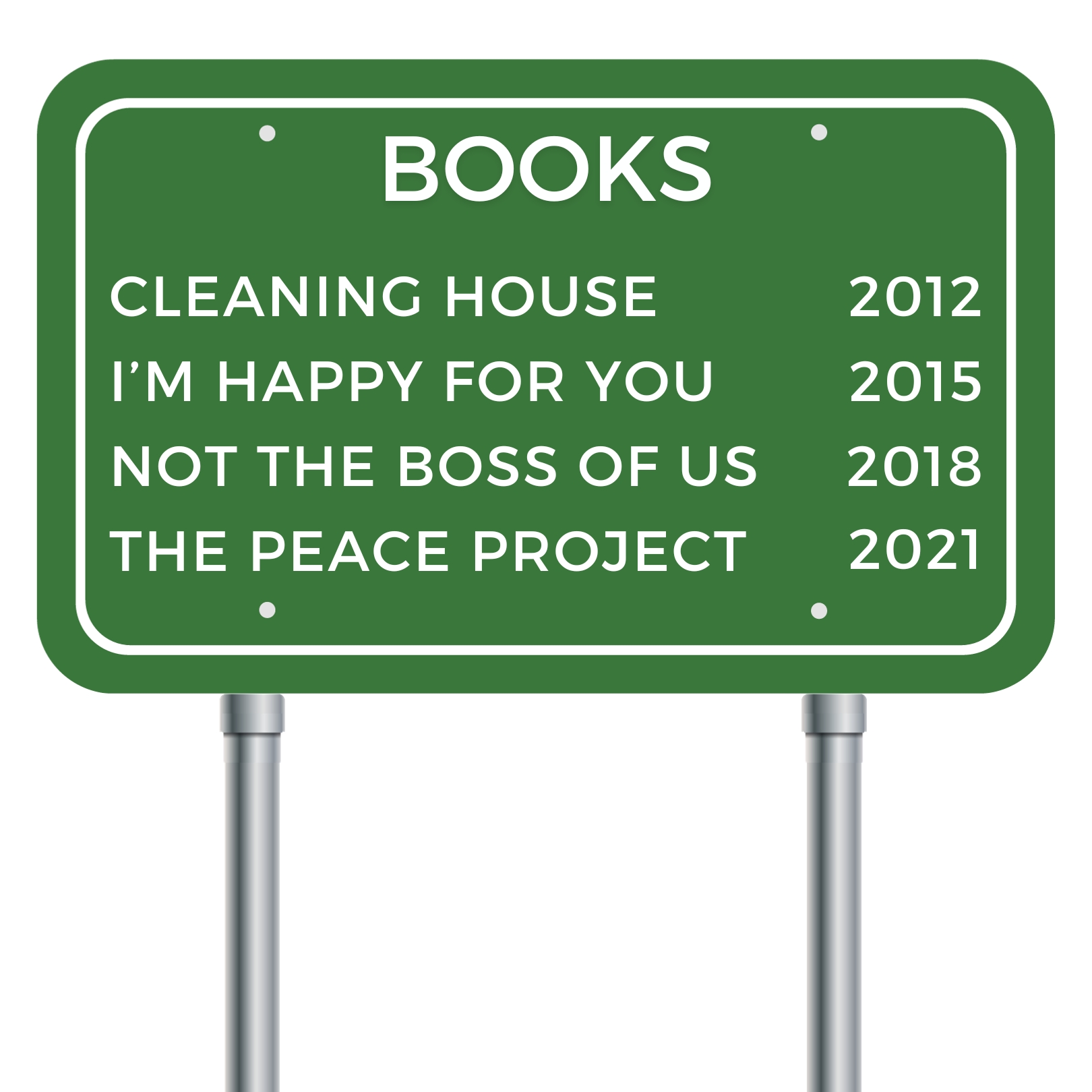The following reminder is by our dear friend Kathleen Fischer. I hope her words bless you like they did me. When I saw this, it reminded me of something I read last week by Tim Elmore on listening (from Habitudes). He said there are 5 types of bad listening. And, even though generic in nature, they seem to be especially applicable to the way I/we tend to listen to teens.
- Judgmental listening – jumping to conclusions about the speaker
- Selective listening – only hearing what you want to hear
- Impatient listening – finishing other people’s sentences, interrupting them
- Egocentric listening – thinking about what you’ll say as others are talking
- Patronizing listening – pretending to listen, but really off in your own world
- Stubborn listening – listening, but not open – your mind is already made up
It convicted me that in my role as parent/trainer (probably as friend, too), I need to work on my listening skills, especially with my teens. I need to listen, not only in order to love them well by hearing, but also to instill and model good listening skills so they might learn how to listen in return. (Okay, so maybe that’s a bit pie in the sky, but one can hope :) In that vein, I especially appreciate Kathleen’s admonition: But across the arc of adolescence, a radical shift is necessary in family conversation….parents need to speak less and teens need to speak more. Listening – only a portion of Kathleen’s thought provoking post today.
Thank you, Kathleen (as always) for encouraging/inspiring us today… and thanks for walking the road with me. -Kay

A man raised a baby swan in a glass jar, but as the bird grew it became stuck in the jar. The man was caught now, for the only way to free the bird was to break the jar, killing the swan. – Zen saying
It was clear that they loved their girl, had the best intention of protecting her. Her parents acknowledged that, hoping to shield her from difficulties, they had limited her friendships; made sure she was in a good school with nice girls; closely monitored her contacts and activities. The young girl had been raised in a veritable glass jar…the whole world was hers to see but she was to remain protected, set apart until….when?
But, as teens do, she saw the bright lights of the world beckon her….she wore daring clothes away from her parents’ sight; she found intriguing companions on the Internet; she shielded her parents from what she knew would hurt them and might estrange her. The GOOD NEWS: breaking the jar did NOT kill the lovely swan.
But the crisis which ensued begs the question of all loving parents: how can we raise a teen “in” the world but still safe?
Parents have 3 jobs: safety, decency and exiting their kid’s life.
I believe that we know when to exit our child’s life because he/she is managing her own safety and decency pretty well (Note: I did not say “perfectly” because even really good kids can misestimate danger or a bad situation). One of the most important tools to help our teens learn to manage for themselves is a simple one, conversation. But across the arc of adolescence, a radical shift is necessary in family conversation….parents need to speak less and teens need to speak more.
By the time our teens are 13 or 14, they know what WE think…what we need to know is, what do THEY think?
- Have they absorbed the family’s values?
- Are they able to spot trouble and formulate a plan to keep themselves safe ?
- Are they able to weigh and discern possibilities?
- Are they becoming more flexible so that if Plan A doesn’t work, they can shift to Plan B?
One dad I know who was working on his communication with his teen son coined a new term, “bottom-lining.” He would say, “I think I’m bottom-lining it too much for him,” by which he meant that he was coming to a conclusion and enforcing it on his son rather than encouraging his son to think things through for himself. Even when our kids get it wrong, we can remain helpful if we frame a failure for them (and for ourselves) as a learning experience. Questions like
- What was the good/safe part of this plan?
- When did that part go awry?
- If you had it to do again, is there anything you’d do differently?
- What do you know now that you didn’t know this time last week?
I’m fairly certain that we cannot raise our lovely swans in glass jars without great risk to them and to our relationships. A parent’s role is to help them to develop the ability to make safe and decent choices for themselves. As one sage put it,
Our job as parents is not so much to prepare the road for our kids but to prepare our kids for the road.














What an amazing reminder to let our kids learn to troubleshoot for themselves!